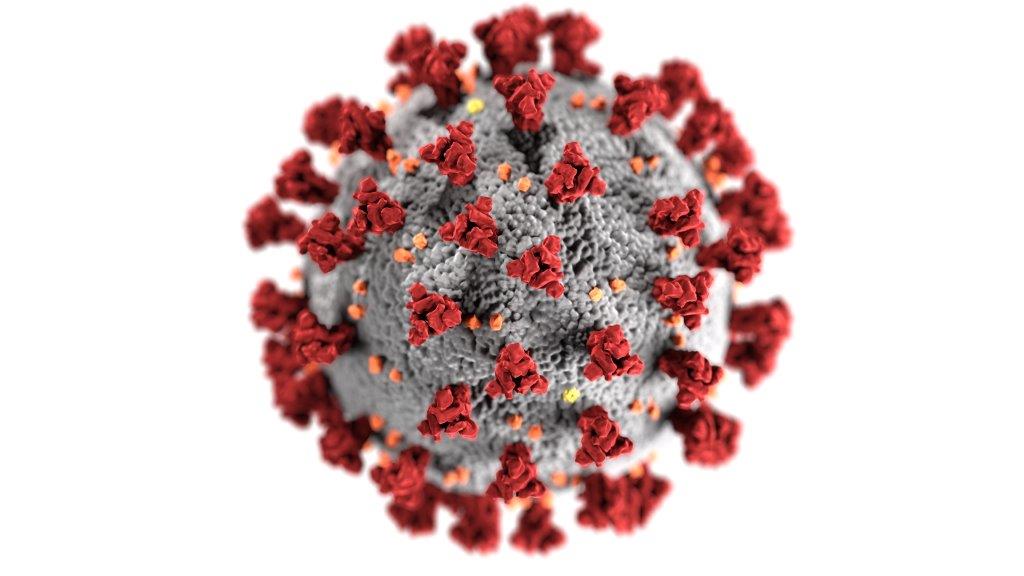Suspect Exposure to COVID-19? Here’s What to Do Next.

We understand there’s a lot of anxiety around what to do if you suspect you or a loved one has been exposed to COVID-19 and might be sick.
Here’s what we recommend to help get the guidance you need and prevent spread in your home and community:
- Call ahead before visiting your primary care physician (family doctor). If you have an appointment, please call your doctor’s office to let them know you may have or have COVID-19. Wear a facemask when around other people (e.g., sharing a room or vehicle) or pets before you enter your healthcare provider’s office.
- Monitor your symptoms. Seek prompt medical attention if your illness is worsening (e.g., difficulty breathing).
- If you have a medical emergency and need to call 9-1-1, notify the dispatch personnel that you have, or are being evaluated, for COVID-19. If possible, put on a facemask before emergency medical services arrive.
- Stay home except to receive medical care. People who are mildly ill with COVID-19 are able to isolate at home during their illness. Don’t go to work, school or public areas. Avoid using public transportation, ride-sharing or taxis.
- Separate yourself from other people and animals in your home.
- Clean all “high-touch” surfaces every day. This includes counters, tabletops, doorknobs, bathroom fixtures, phones, keyboards, tablets, remote controls and bedside tables.
- Follow CDC's recommendations for using a facemask.
a.) CDC advises that people wear a facemask to protect themselves from respiratory diseases, including COVID-19.
b.) The use of facemasks is also crucial for health workers and people who are taking care of someone in close settings (at home or in a healthcare facility).
- Wash your hands often and avoid touching your eyes, nose and mouth.
Need more guidance? Call the Illinois Department of Public Health’s COVID-19 Hotline at 800.889.3931 or email DPH.SICK@ILLINOIS.GOV. Both resources are available 24/7.